Most of us are familiar with the “Duck” and the need to manage its impact on the grid. As we make progress toward the Renewable Portfolio Standard (RPS), the duck’s “beer belly” will continue to grow.
The Renewable Portfolio Standard requires the utility in residence to meet an agreed percent of renewables in their electric generation mix, but it also mandates that renewables, if available, dispatch first.
That impact on the “utility in residence” is to reduce its plant load factor, depress the market price for the power the plant produces, and propogate the renewable’s intermittency to the utility downstream assets.
The “utility in residence” must then compensate for that intermittency utilizing conventional generating assets, most of which will be operating off their best efficiency point.
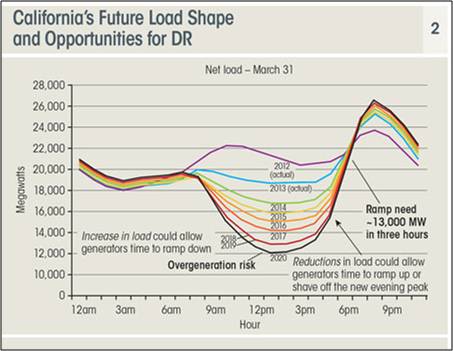
These conventional generating assets are forced to operate at a less efficient “off-design” condition and incur more frequent start/stop cycles that affect equipment repair and life cycle costs.
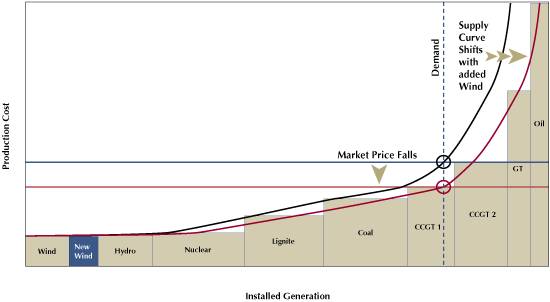
The DOE proposed, and as of now abandoned, NOPR recognized and attempted to redefine reserve assets as either On-Line and Off-Line. On-Line capacity is clearly more valuable than Off-Line.
This embedded mindset is what has driven conventional utilities and their assets toward a fast start/stop capability.
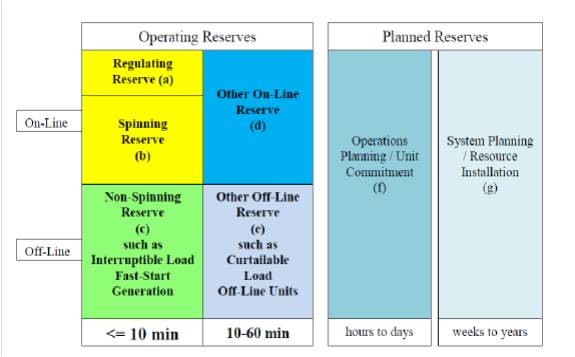
General Electric now offers a Gas Turbine/Battery Hybrid system, intended to fill the voids left by these new regulatory drivers.
In response, GE has paired their LM6000 Gas Turbine with a 10-MW/4.3-MWh Lithium-Ion Battery, creating a grid-scale UPS system that is now considered Spinning Reserve. LM6000 Hybrid EGT. An Energy Management system optimizes the combined system.
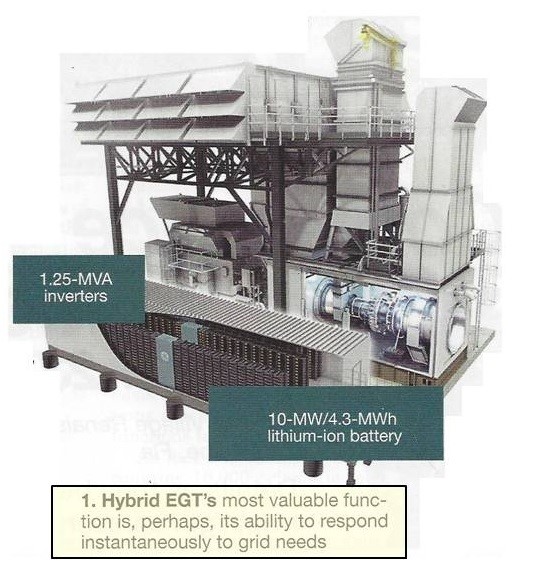
The following graphic has been in the literature since early 2000’s, but still seems relevant. The GE Gas Turbine/Battery Hybrid seems to fit nicely as a UPS system, and it is also now dispatchable in support of renewables integration, as well as a being able to serve a variety of ancillary services.
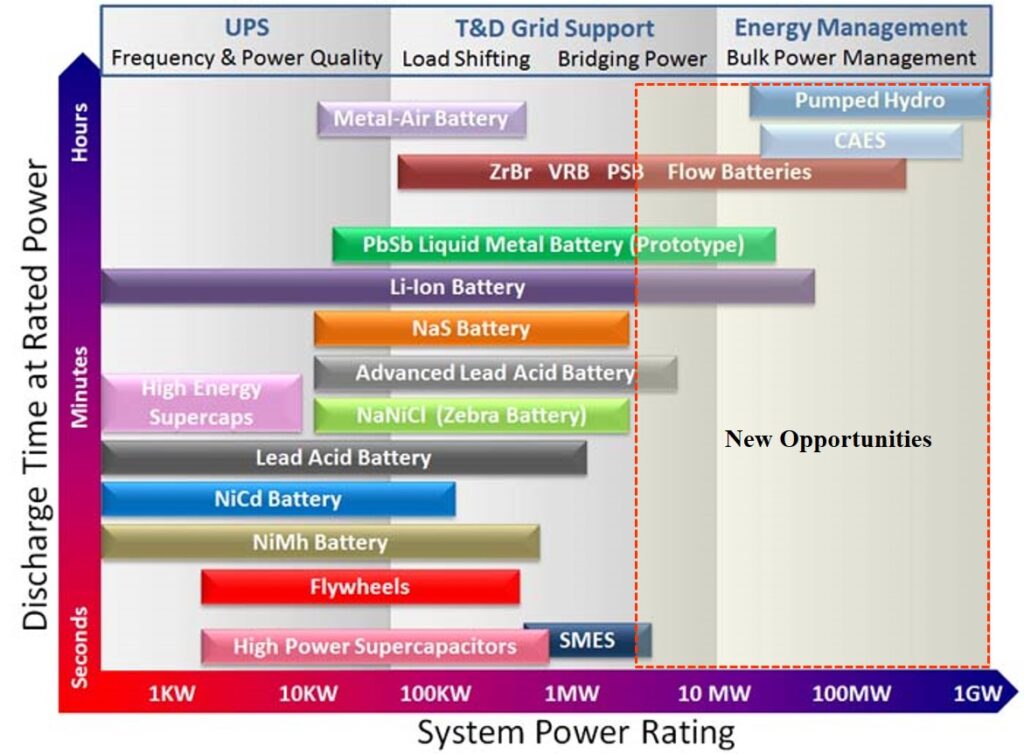
The LM6000 can include a fast start capability and when coupled with a battery, can serve as a fast response UPS system and/or an extended bulk power asset. The recent emergence of fast start gas turbines is a critical success factor enabling this asset combination.
This effort also has “multiple ways to win’, and important attribute for investors, corporate or otherwise.
It is not clear how such an asset will be deployed or how the concept will be monetized over time, but this looks like a really good idea and a valuable asset toward system-wide renewables integration.
